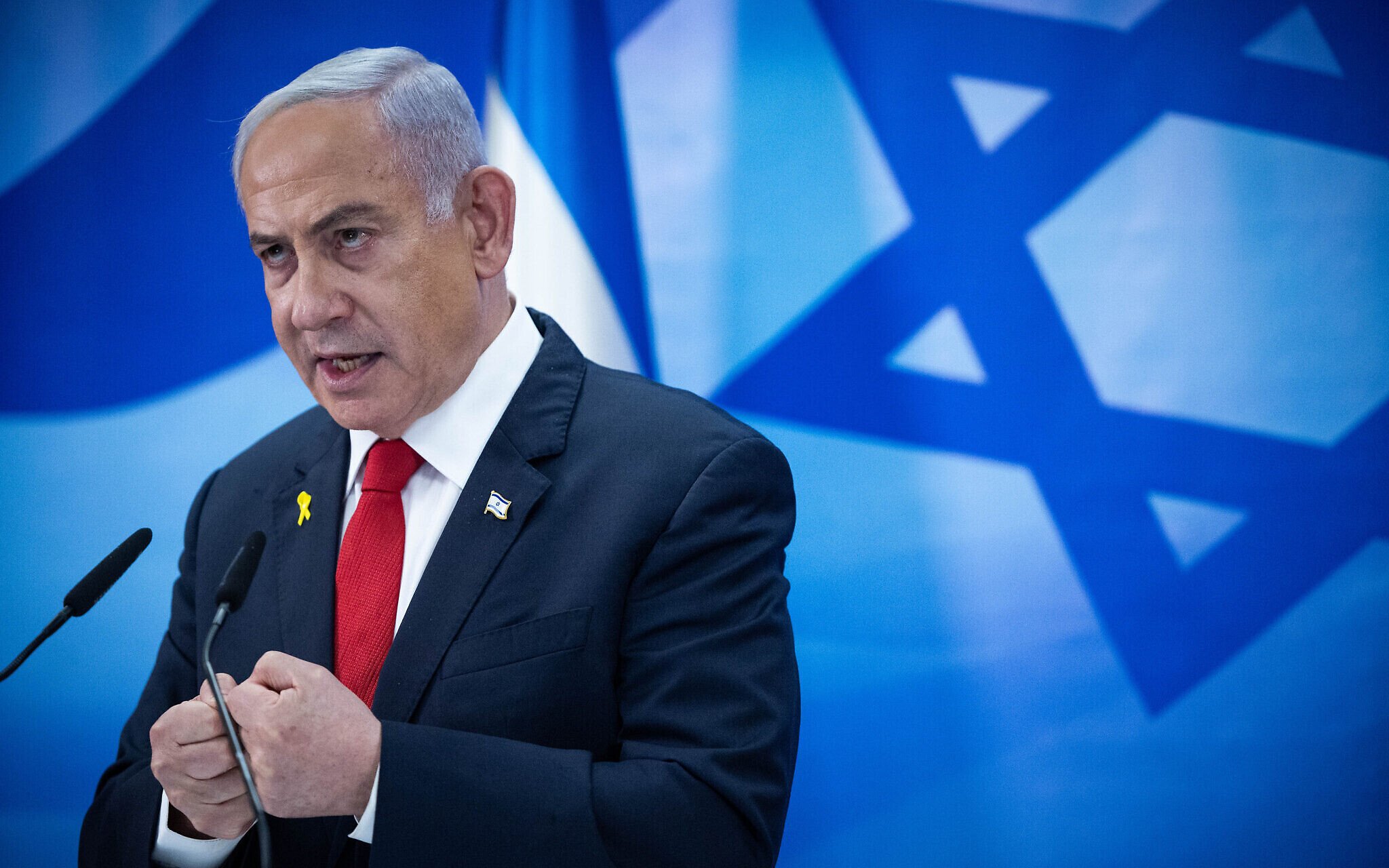
Netanyahu pronounced his attachment to the Greater Israel vision during a televised interview, describing his leadership as part of a “historic and spiritual mission.” The concept encompasses areas well beyond the internationally recognised borders, possibly spanning Jordan, Egypt, Syria and Lebanon. This declaration reflects a shift from pragmatic political discourse toward ideological expansionism.
Growing scepticism surrounds how this vision may influence the current government’s posture. Finance Minister Bezalel Smotrich has taken concrete steps, drafting maps for the annexation of large swathes of the West Bank—excluding major Palestinian cities such as Ramallah and Nablus—under the principle of occupying “maximum territory and minimum population”. While Netanyahu’s personal alignment with this plan remains ambiguous, the work is being conducted under a Defence Ministry unit, signalling coordination across high levels of government.
International backlash has been swift and pointed. Arab and Islamic states, through formal statements, warned that Netanyahu’s rhetoric represented a direct threat to regional security and sovereignty, broadly condemning what they deem an expansionist and impractical proposition. The United Arab Emirates went as far as labelling West Bank annexation a “red line” that could undermine diplomatic ties forged under the Abraham Accords. Legal scholars, too, caution that any annexation drive would violate international law, including the UN Charter and the Geneva Conventions while potentially aggravating inquiries by the International Criminal Court.
Within Israel, the political and legal implications are also under scrutiny. Analysts point out that this ideological shift threatens to erode democratic norms by prioritising religious-nationalist narratives over established institutions. Voices from civil society warn against the merging of nationalist ideology with occupancy policies, warning that it deepens divisions and undermines long-term stability.
This ideological stance also intersects with Israel’s military activities. As efforts to dismantle Hamas in Gaza escalate, critics argue that the campaign goes beyond security objectives, aligning instead with a broader vision of permanently controlling Palestinian territories to reinforce the Greater Israel narrative. The cyclical messaging of territorial permanence and zero compromise has intensified fears among moderates that Israel is abandoning any path toward a two-state solution.
Meanwhile, the international community is preparing to take action. Several Western nations—including France, the United Kingdom, Canada, Australia and Portugal—are poised to recognise Palestinian statehood at the UN General Assembly in September. Israeli deliberations on annexation appear in part to be a direct response to that diplomatic development, aiming to assert sovereignty as recognition approaches.
Topics
Politics
